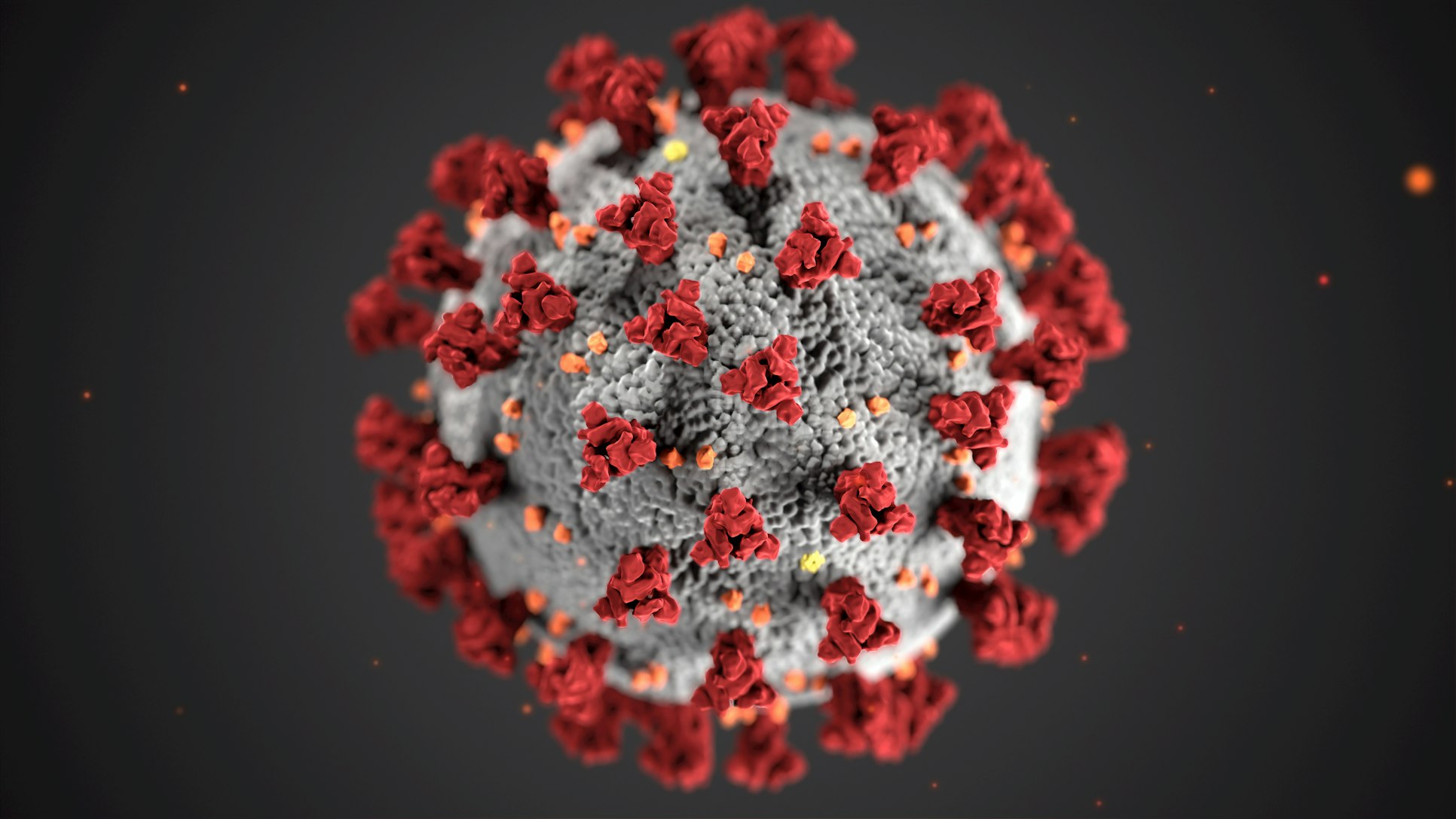Unforeseen COVID Symptoms Emerge with JN.1 Variant’s Spread

The JN.1 COVID variant has rapidly gained prevalence, becoming the predominant strain of the virus in the United States, as the US Centers for Disease Control and Prevention (CDC) reported. Its impact is also felt in the United Kingdom, China, and India.
Uncertainty Surrounds JN.1 Symptoms
Health authorities are currently grappling with uncertainties regarding whether JN.1 infections manifest different symptoms than other variants. The CDC emphasizes that symptomatology often depends on an individual’s immunity and overall health rather than the specific variant causing the infection.
Evolving Symptom Landscape
Despite the uncertainty, emerging evidence suggests that individuals are reporting slightly different COVID symptoms during this season. The latest data from December 2023 provided by the UK’s Office for National Statistics highlights the most commonly reported symptoms among COVID-19-positive individuals:
- Runny nose (31.1 percent)
- Cough (22.9 percent)
- Headache (20.1 percent)
- Weakness or tiredness (19.6 percent)
- Muscle ache (15.8 percent)
- Sore throat (13.2 percent)
- Trouble sleeping (10.8 percent)
- Worry or anxiety (10.5 percent).
Shifting Trends and Noteworthy Changes
While some symptoms, such as a runny nose and cough, have been consistent since 2020, the list includes new additions like trouble sleeping and anxiety. Notably, the once-prominent loss of taste and smell is now reported by only 2 to 3 percent of infected individuals in the UK.
JN.1’s Transmissibility and Public Health Impact
The sudden rise of the JN.1 variant raises questions about its transmissibility and ability to evade the immune system. However, reassuringly, there is currently no evidence suggesting that JN.1 poses an increased risk to public health compared to other circulating variants, according to the CDC.
Consistent COVID-19 Guidance Amidst Variants
The general guidance for COVID-19 remains unchanged: exercising caution and, if testing positive, opting for at least five days of isolation. The CDC underscores that existing vaccines, tests, and treatments remain effective against JN.1, and the variant does not alter the CDC’s recommendations.
All “explainer” articles undergo fact-checking to ensure accuracy at the time of publishing. However, the text, images, or links may be updated to keep the information current.
Read the originl article on IFL Science.
Read more: Carbonated Beverages and Citrus Juice Lead to Inaccurate Results in Quick COVID-19 Tests.










